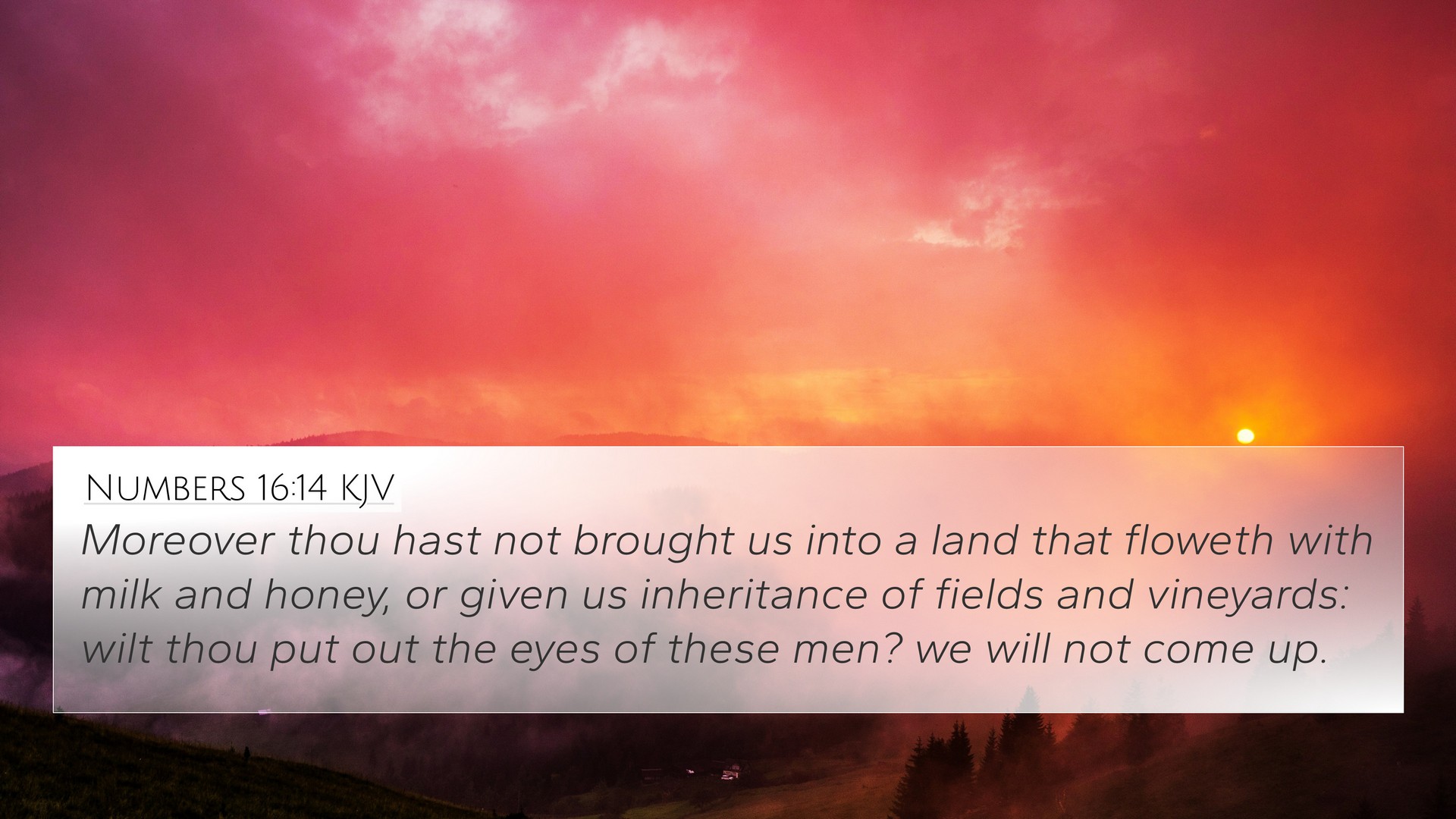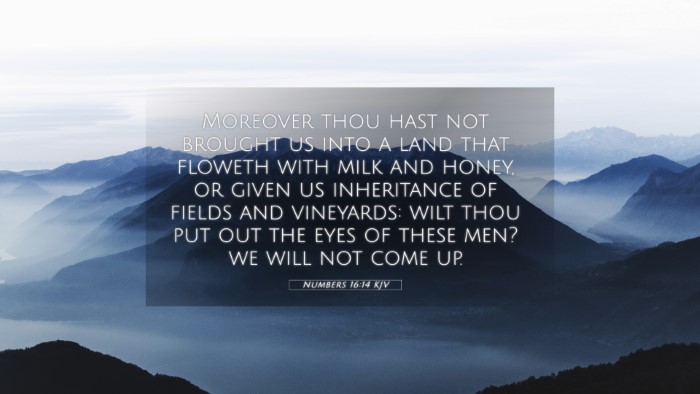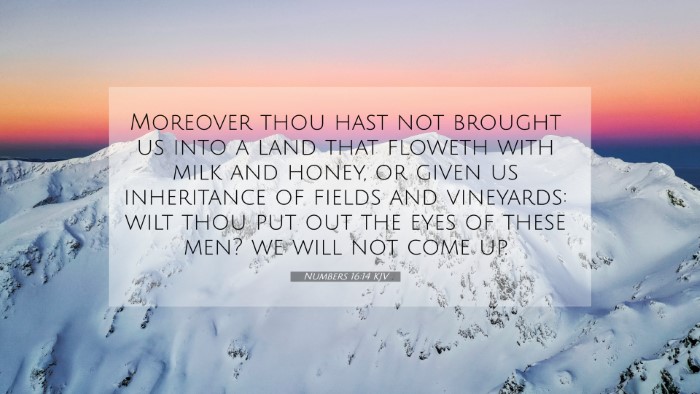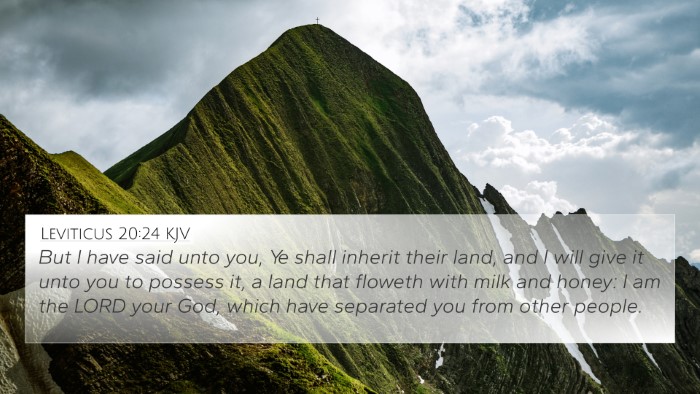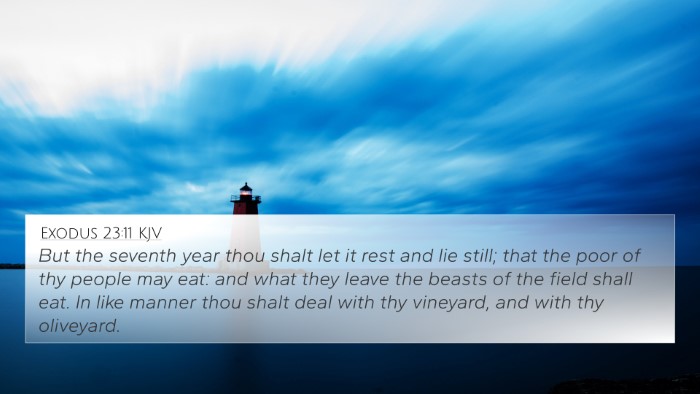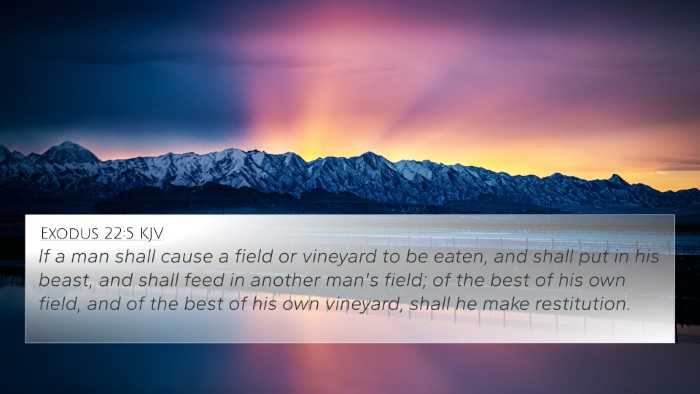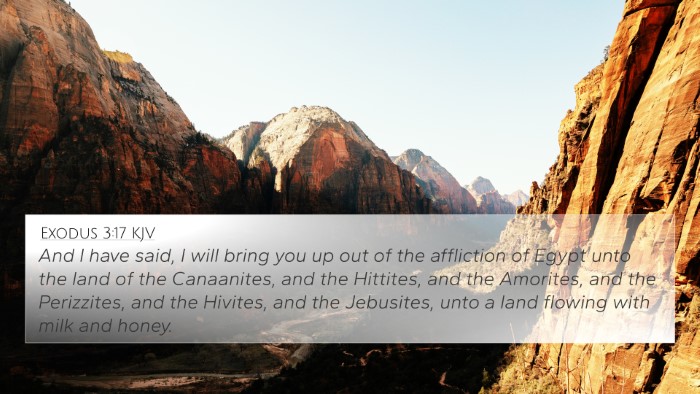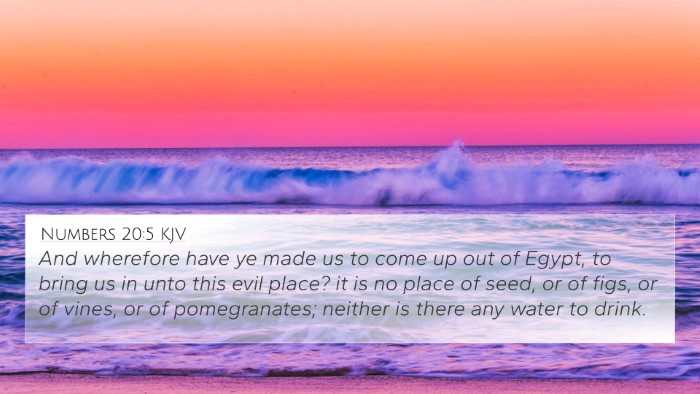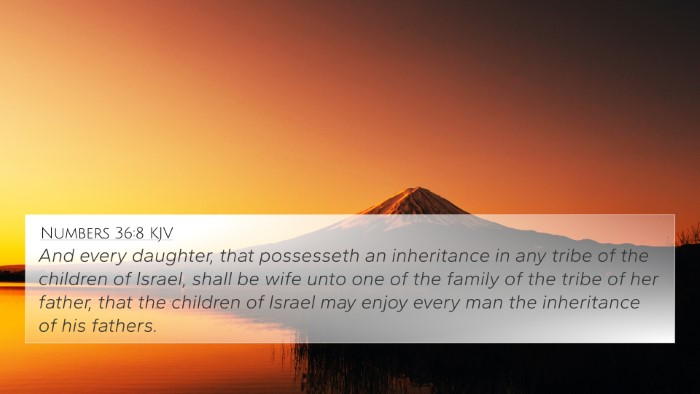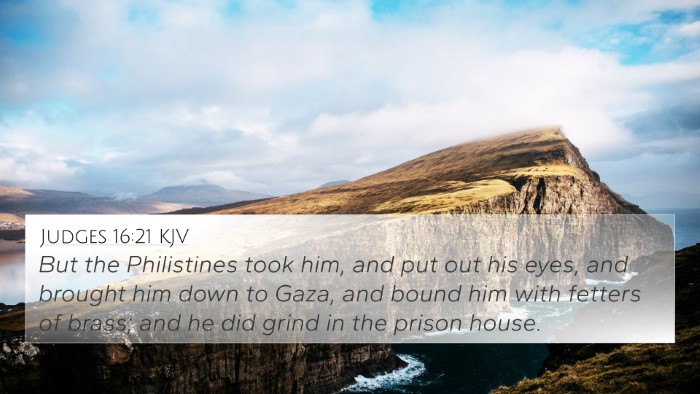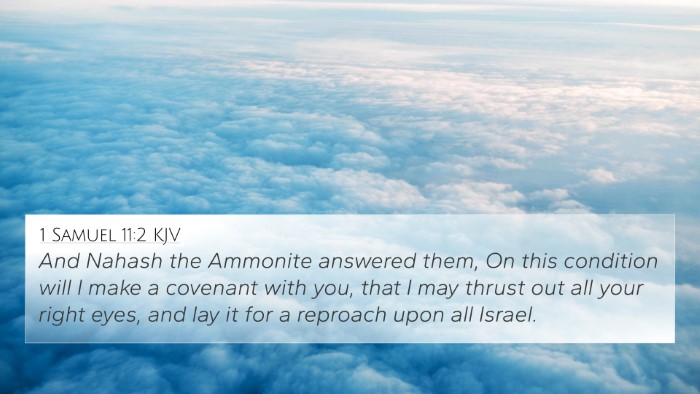Understanding Numbers 16:14
Verse: "And you have not brought us into a land that flows with milk and honey or given us inheritance of fields and vineyards. Will you put out the eyes of these men? We will not come up!" (Numbers 16:14, ESV)
Summary and Insights
This verse is part of a larger narrative depicting the rebellion of Korah against Moses and Aaron’s leadership. It exemplifies the growing discontent among the Israelites as they wander in the wilderness, expressing their grievances regarding the lack of direct access to the Promised Land.
Contextual Background
The complaint addressed in this verse reveals a critical moment of tension where Korah, Dathan, and Abiram challenge the authority established by God. Their argument hinges on the notion of broken promises regarding the land flowing with milk and honey, which they believe has not been fulfilled.
Thematic Analysis
This verse raises several themes, including:
- Leadership and Authority: The rebellion highlights the struggle against divinely appointed leadership.
- Faith and Promise: The dissatisfaction with God's promises illustrates a lack of faith amongst the Israelites.
- Divine Justice: The impending judgment on Korah and his followers reflects the seriousness of rebellion against God's chosen leaders.
Commentary Insights
According to Matthew Henry, this rebellion is a sign of ingratitude toward God’s provision. The leaders accuse God of not fulfilling His covenant promise, failing to recognize God's prior deliverance from slavery in Egypt.
Albert Barnes emphasizes the rhetorical nature of their claims, showcasing the intensity of their rebellion. They challenge Moses, questioning his capability as a leader, further instigating dissent among the people.
Additionally, Adam Clarke elaborates on the metaphor of 'putting out the eyes,' indicating that their plight has blinded them to the truth of the situation. He notes that the people's perception is skewed by their emotional state and their challenge of faith.
Cross-References
This verse is interconnected with several other Biblical passages, revealing deep thematic connections and enhancing the understanding of its implications:
- Exodus 3:8: God's promise to bring Israel to a good and spacious land.
- Exodus 16:3: Complaints of returning to Egypt for food.
- Numbers 14:3: Complaints about dying in the wilderness.
- Psalms 106:24-25: Recalling Israel's disdain for the Promised Land.
- 1 Corinthians 10:5-10: New Testament reflection on Israel's rebellion.
- Hebrews 3:16-19: Warning against hardening one's heart as in the days of rebellion.
- Numbers 16:30: The consequence of Korah’s rebellion and God’s judgment.
- Deuteronomy 1:26-27: The Israelites' refusal to enter the Promised Land.
- Romans 11:21: Warning about the consequences of disbelief.
- Revelation 3:17: The dangers of self-sufficiency and spiritual blindness.
Conclusion
Numbers 16:14 serves as a poignant reminder of the consequences of rebellion against divine authority and the importance of faith in God’s promises. It calls readers to reflect on their understanding of spiritual leadership and accountability while recognizing the abundant grace afforded by God to His people.
Further Study and Reflection
For those interested in exploring the connections between scripture, utilizing tools for Bible cross-referencing can enhance your understanding. Whether through a Bible concordance or a dedicated cross-reference Bible study, uncovering these relationships will deepen biblical insight, linking verses that support faith and obedience.
Identifying Cross-References
To effectively find cross-references in the Bible, utilize available Bible reference resources that provide insights on similar themes across scripture. Understanding thematic Bible verse connections can yield a comprehensive view of the continuity of God's message through both the Old and New Testaments.
This analysis is intended to serve as a vital resource for anyone looking to deepen their study of Bible verses that relate to each other. By cross-referencing and engaging in comparative Bible verse analysis, readers will unlock the profound interconnections that illuminate God's word.
